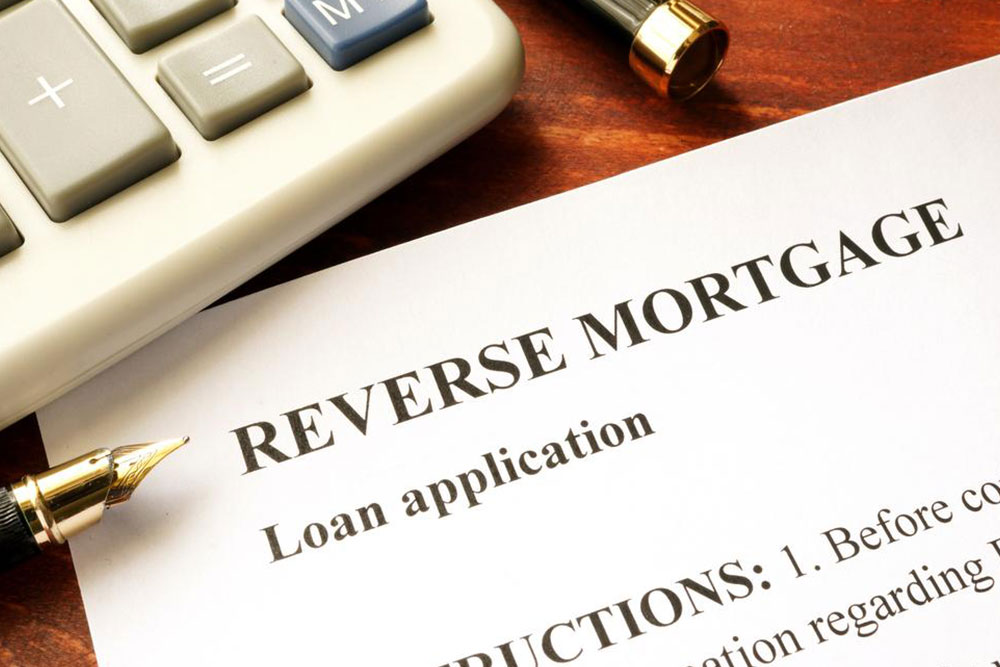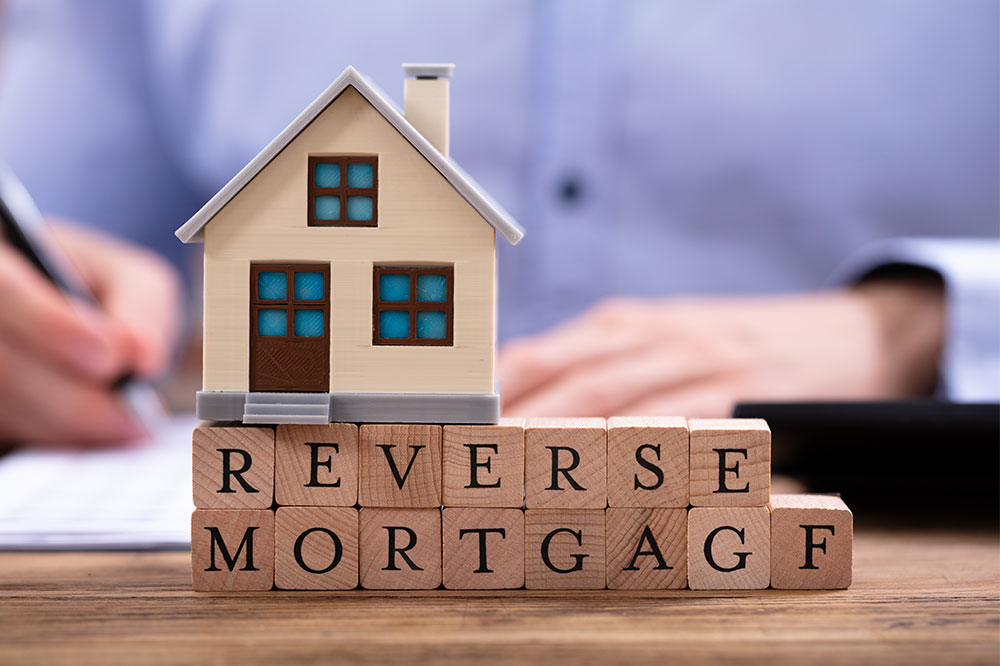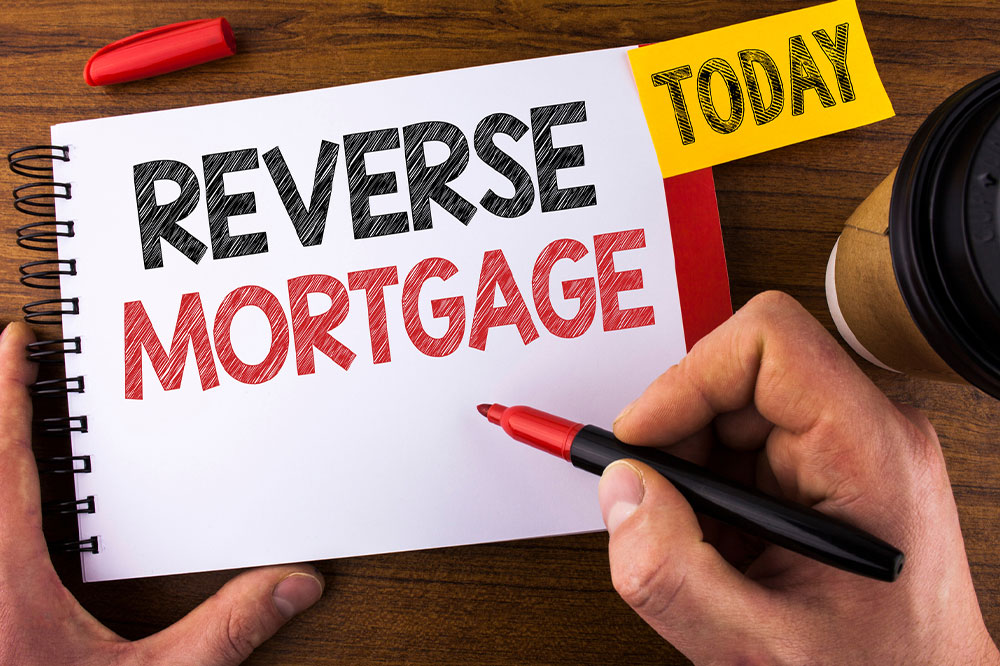Understanding the Limitations and Drawbacks of Reverse Mortgages for Retirees
Discover the comprehensive disadvantages of reverse mortgages, including eligibility, costs, ownership restrictions, and ongoing financial responsibilities. This detailed guide helps retirees make informed decisions about utilizing home equity to support their retirement, highlighting key limitations to consider before proceeding with a reverse mortgage.

Understanding the Limitations and Drawbacks of Reverse Mortgages for Retirees
Reverse mortgages have gained popularity as a financial tool designed to offer retirees a way to tap into their home equity to supplement their retirement income. While they can be beneficial, it’s equally important to understand that reverse mortgages come with various limitations and potential disadvantages that could impact your financial stability and property rights. Making an informed decision requires a thorough understanding of these drawbacks and how they may affect your long-term plans.
In this comprehensive guide, we will explore the various disadvantages associated with reverse mortgages, including eligibility criteria, financial obligations, ownership rights, and other important considerations. By understanding these factors, retirees can evaluate whether a reverse mortgage aligns with their financial goals and personal circumstances.
Residency and Occupancy Requirements
One of the fundamental conditions for qualifying and maintaining a reverse mortgage is the requirement to reside in the property continuously. The homeowner must live in the home as their primary residence. If a borrower moves out, whether to relocate for health reasons, to live with family, or in a different property, the reverse mortgage agreement is typically canceled. This means that the borrower must carefully consider their living arrangements, especially if they anticipate the possibility of needing to move in the near future. Selling the home or leaving it vacant often triggers the repayment of the loan, which might not be feasible or desirable at certain times.
Age Limit and Eligibility Constraints
Reverse mortgages are exclusively available to seniors aged 62 years and older. This age restriction limits eligibility for many middle-aged homeowners who may still need financial support but do not qualify for this type of loan. For younger seniors or those in early retirement stages, alternative financial solutions may need to be explored. It’s important to evaluate whether you meet the age criteria before considering a reverse mortgage, as this can significantly restrict your options in the financial planning process.
Ongoing Responsibilities: Property Taxes and Insurance
Although reverse mortgages provide access to home equity without monthly mortgage payments, they do not eliminate other ongoing financial responsibilities. Borrowers are required to continue paying property taxes, homeowners insurance, and maintain the home’s upkeep. Since the funds received from the reverse mortgage are considered taxable income, managing cash flow to cover these expenses can become challenging, especially in retirement when income sources may be limited. Failure to keep current on taxes and insurance can lead to default, foreclosure, or legal complications.
High Upfront and Closing Costs
While interest rates on reverse mortgages tend to be relatively low, the initial application process can involve substantial costs. These include origination fees, loan approval costs, appraisal fees, and closing expenses. It’s vital to compare these costs with the benefits obtained from the loan. Sometimes, significant upfront costs might outweigh the immediate financial relief, particularly if the property’s value is close to the loan limit or if the homeowner plans to sell soon. Conducting a detailed cost-benefit analysis with a financial advisor can help determine if a reverse mortgage is a worthwhile investment.
Limited Property Rights and Ownership Transfer
In a reverse mortgage, full ownership of the property remains with the homeowner during the loan term. However, the lender holds a lien against the property until the loan is repaid in full, typically upon the homeowner’s death, sale of the property, or default. This means that the homeowner’s rights are somewhat restricted, and the property cannot be conveyed freely without considering the lender’s lien status. Moreover, since the loan must be paid off when certain conditions are met, the homeowner’s estate or heirs need to be aware of the implications for inheritance and estate planning.
Restrictions on Additional Borrowing
Having a reverse mortgage can limit access to further credit opportunities. Borrowers generally cannot apply for other types of loans from the same lender or sometimes from other institutions due to the existing lien. This restriction can be problematic if unexpected expenses arise, such as medical emergencies or home repairs, requiring additional funding. Planning ahead and understanding these limitations can help in creating a more flexible financial strategy.
Remaining Informed and Updated on Mortgage Trends
Given the complexities involved in reverse mortgages, staying informed about the latest developments in mortgage products, interest rates, and regulations is crucial. Regularly following reputable sources and consulting financial advisors or mortgage specialists can ensure you are aware of new options or changes that might benefit you in the future. Engaging with expert advice can also help prevent potential pitfalls and ensure you make the most prudent financial decision regarding your home equity.
In summary, while reverse mortgages are an attractive financial tool for many retirees seeking additional funds, understanding their disadvantages is essential. From residency restrictions to ongoing financial responsibilities and limited ownership rights, these factors can significantly influence your financial security and estate planning. Carefully weigh these disadvantages against potential benefits, consult with financial professionals, and consider your long-term goals to determine if a reverse mortgage is the right choice for you.





